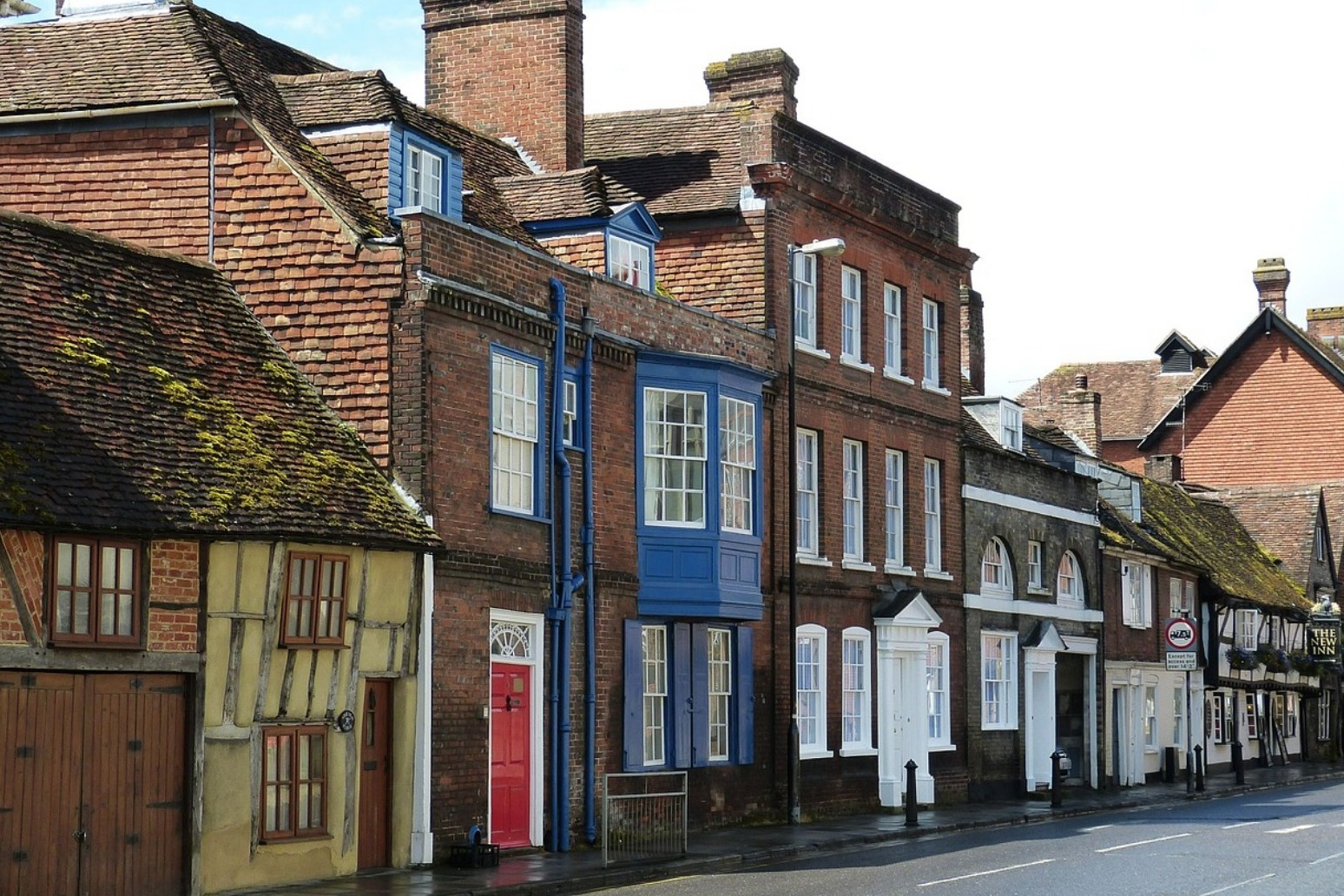
Yulia Skripal "lucky to be alive" after Salisbury nerve agent attack
Yulia Skripal has spoken for the first time since the nerve agent attack in Salisbury saying she was lucky to have survived.
She survived an assassination attempt that UK authorities blame on Russia. But the daughter of one of Russia's most famous spies says she wants to return to her country "in the longer term", despite the poisoning.
"The fact that a nerve agent was used to do this is shocking," Skripal told Reuters in an exclusive statement. "My life has been turned upside down."
Yulia and her father Sergei Skripal, a former colonel in Russian military intelligence who betrayed dozens of agents to Britain’s MI6 foreign spy service, were found unconscious on a public bench in the British city of Salisbury on March 4.
Yulia Skripal, 33, was in a coma for 20 days.
"I woke to the news that we had both been poisoned," Skripal said in her first media appearance since the poisoning. She contacted Reuters through the British police.
Skripal was speaking from a secret location in London as she is under the protection of the British state. She was discharged from Salisbury District Hospital about five weeks after the poisoning and has not been seen by the media until now.
"We are so lucky to have both survived this attempted assassination. Our recovery has been slow and extremely painful," she said in her written English statement.
"As I try to come to terms with the devastating changes thrust upon me both physically and emotionally, I take one day at a time and want to help care for my Dad till his full recovery. In the longer term I hope to return home to my country."
Skripal spoke in Russian and supplied a statement that she said she had written herself in both Russian and English. She signed both documents after making her statement.
She declined to answer questions after speaking to camera.
British Prime Minister Theresa May said the Skripals were poisoned with Novichok, a deadly group of nerve agents developed by the Soviet military in the 1970s and 1980s. May blames Russia for the poisoning.
It was the first known use of a military-grade nerve agent on European soil since World War Two. Allies in Europe and the United States sided with May's view and ordered the biggest expulsion of Russian diplomats since the height of the Cold War.
Russia retaliated by expelling Western diplomats. Moscow has repeatedly denied any involvement and accused the British intelligence agencies of staging the attack to stoke anti-Russian hysteria.
Kremlin spokesman Dmitry Peskov said he thought Yulia Skripal was speaking under duress.
"We have not seen her or heard from her," he said when asked to comment on the story.
Published: by Radio NewsHub